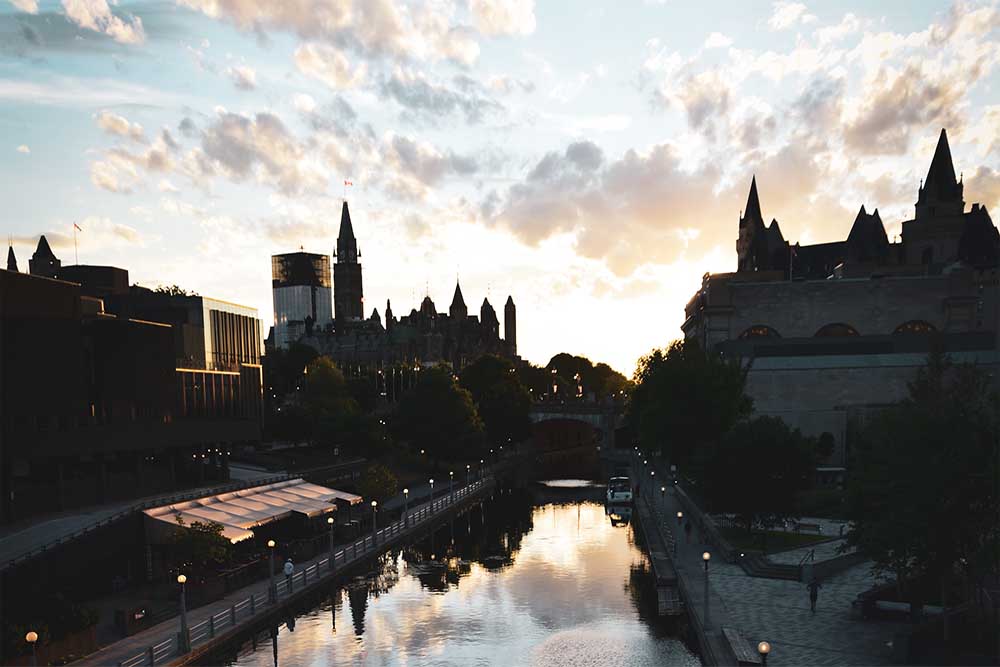Since 1541, Canada’s vice-regal representatives have been lieutenant generals, viceroys, governors and governors general. Vincent Massey, who served from 1952-59, was the first Canadian-born governor general. All his successors have been Canadians, most of them well qualified for the job.
After 476 years of vice-regal leadership, along came celebrity astronaut Julie Payette in 2017, the now-disgraced former governor general who was the prime minister’s personal choice. The result? The prime minister’s proclivity for celebrity culture has brought shame to the institution of the Queen’s representative. And now, some people suggest Payette’s alleged disgraceful behaviour warrants closing down the highest office in Canada.
Not only is removing the institution of the governor general nearly impossible from a constitutional standpoint, but the suggestion also completely ignores the reason for its existence. It also highlights the prime minister’s incredibly poor judgment in recommending Payette’s appointment. (The Queen appoints on the prime minister’s recommendation.) Now that we know the shabby extent of Payette’s leadership performance, we can quite reasonably wonder whether things would have been better if the prime minister had recommended someone like rock star Justin Bieber!
It must have been embarrassing for the prime minister when he was required to speak to the Queen and report to her that his hand-picked choice had resigned in disgrace. It was doubtless also very difficult for Her Majesty, who initially believed the prime minister when he extolled Payette’s “extraordinary” virtues.
The whole story amounts to an unforgivable disservice to Her Majesty, and to all Canadians.
Under our constitution, the Queen is our head of state. The prime minister is the head of government. There is a huge difference in the functions of the two positions. Through the Queen’s representative, the governor general, we have an office ordinary Canadians should have absolutely no reason to disrespect. Payette, of course, let us down.
Besides the largely ceremonial duties of summoning Parliament, reading speeches from the throne and giving Royal Assent to bills passed in Parliament, governors general have carried out other important functions, functions that partisan politicians cannot. They represent to the world the highest non-partisan and patriotic ideals of our country and its people. They promote unity, respect for the law and the rights and responsibilities of each and every citizen.
There have also been occasions when governors general have been required to use their “reserve powers” and make vital decisions affecting the operation of Parliament itself. Readers might remember the controversial role played by former governor general Michaëlle Jean when former prime minister Stephen Harper asked her to prorogue Parliament in order to maintain some semblance of a federal government. Governors general have resorted to similar powers on at least two previous occasions.
Abolishing the office of governor general would no doubt inevitably lead to the abolition of the monarchy itself. This would require a constitutional amendment. Such an amendment would require the approval of the House of Commons, the Senate and the legislatures of each of Canada’s provinces. The failed Meech Lake and Charlottetown constitutional accords have demonstrated that constitutional change is almost impossible. Why? Reopening the constitution to deal with one issue would inevitably raise other issues, such as demands for special status and rights for certain provinces or groups within our country. Remember “distinct society,” the triple E Senate and parliamentary guarantees for Quebec?
Do we really need more constitutional crises?
So, getting rid of the office of governor general simply will not happen. The governor general is the Queen’s representative, and the Queen is an integral part of our government.
Besides, do we really want to be a republic wherein the head of state and the head of government are one and the same person? I’m pretty sure the example of our southern neighbour is not one we want to follow. Indeed, thanks to measures taken by Sir John A. Macdonald and others to preserve our sovereignty, Canada is Canada, a modern, successful, independent, constitutional monarchy and parliamentary democracy.
Those who think that the Payette affair should change the fundamental nature of our country should instead simply realize that the prime minister needs to do a much better job when next he makes a recommendation to Her Majesty.
Remember former prime minister Pierre Trudeau’s campaign slogan in 1972: “The land is strong.” This, too, will pass, folks. Canada is strong, despite its leaders’ failures.
James C. McCrae is a former minister responsible for constitutional affairs for Manitoba.
Photo by Noorulabdeen Ahmad on Unsplash.



